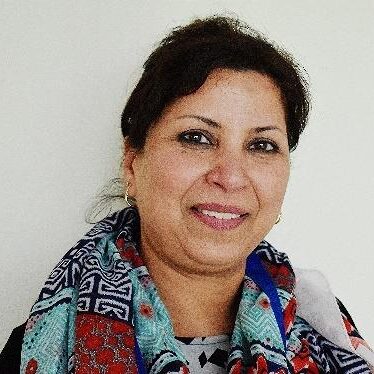The Northeast Festival of Language – a celebration
The Northeast Festival of Language
The Northeast Festival of Language in England Inspires Children through a celebration of poetry, encouraging linguistic diversity.
In a multicultural society like England, the Northeast Festival of Language emerges as a beacon of celebration, honouring the linguistic diversity that enriches communities across the region. This unique festival provides a platform for children to explore and express their affection for their mother tongue and other tongues through the art of poetry, fostering a deeper appreciation for cultural heritage and linguistic identity.
Embracing Linguistic Diversity
The Northeast Festival of Language celebrates the myriad languages spoken by communities across England's Northeast. From Arabic and Bengali to Urdu and Ukrainian, each language carries with it a wealth of cultural heritage and tradition. By embracing linguistic diversity, the festival promotes inclusivity, understanding, and respect for all languages and dialects.
Poetry as a Medium of Expression
For children, poetry serves as a powerful medium of expression, allowing them to articulate their thoughts, emotions, and experiences in creative and imaginative ways. Through the act of writing poetry, children are encouraged to explore the nuances of language, celebrate their linguistic roots, and share their unique perspectives with others. Original pieces, remembered poems and songs are included. The children explain why they chose to write the poems and mostly accompany them with drawings.
Writing Poems in Mother Tongue and Other Tongues
At the Northeast Festival of Language, children are invited to write original poems in their mother tongue and remembered poems in their mother tongue or other tongues they may be familiar with. This inclusive approach encourages children to explore the beauty and richness of multiple languages, fostering a sense of curiosity and appreciation for linguistic diversity.
Expressing Why They Like It
Through their poems, children have the opportunity to express why they love their mother tongue and other tongues. Whether it's the lyrical cadence of a familiar dialect, the vibrant imagery of a foreign language, or the sense of connection to their cultural heritage, each poem reflects the unique experiences and perspectives of its young writer.
Fostering Cultural Pride and Identity
By celebrating their linguistic heritage through poetry, children develop a sense of cultural pride and identity. Writing poems in their mother tongue allows children to connect with their roots while exploring other tongues broadens their horizons and fosters empathy and understanding for languages and cultures different from their own.
Building Bridges Across Communities
The Northeast Festival of Language serves as a bridge across communities, bringing children from diverse backgrounds together to celebrate their shared love for language and poetry. Through their creative expressions, children forge connections, break down barriers, and build friendships that transcend linguistic and cultural differences. You can view examples of pupils’ writing for previous festivals and recent in the digital anthologies, with examples of writing and drawings from across the North East in many languages.
Conclusion
International Newcastle hosts mother Tongue Other Tongue Project. It has been wonderful again to see such beautiful written pieces from some of our North Tyneside schools’ learners for Mother Tongue Other Tongue as part of the Express Yourself Northeast Festival of Languages. The selection shared in the digital anthology demonstrates children’s creativity. It reflects their memories, life experiences and things that matter to them.
Articles by
Rashda Salamat
English as an additional language Teacher
Ethnic Minority and Traveller Achievement Service
rashda.salamat@northtyneside.gov.uk

